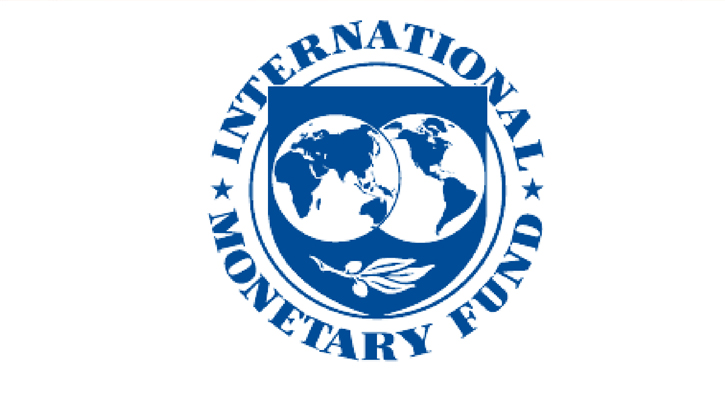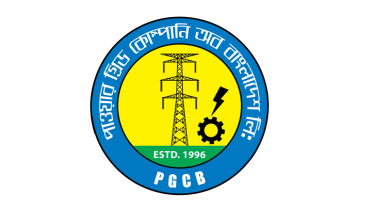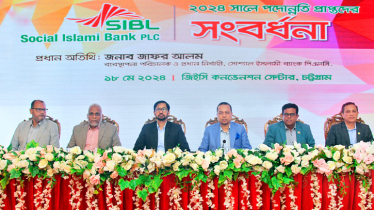
Photo : Collected
The International Monetary Fund (IMF) has set a revised target for Bangladesh's net reserves, cutting it down to $14.76 billion for the upcoming June from the original $20.10 billion.
The target has been revised under a staff-level agreement between the international lender and Bangladesh authorities on the policies needed to complete the second review of the programmes being supported by the IMF's Extended Credit Facility (ECF), Extended Fund Facility (EFF), and Resilience and Sustainability Facility (RSF).
"The staff-level agreement is subject to approval by the Executive Board, which is expected in the coming weeks. Completion of the second review will make available SDR704.70 million [about $932 million, equivalent to 66 per cent of quota] under the ECF/EFF and SDR166.68 million [about $220 million, equivalent to 15.6 per cent of quota] under the RSF," said Chris Papageorgiou, head of IMF's Development Macroeconomics Division, who is also leading a visiting team of the IMF delegation.
At the end of the visiting the IMF team's mission, Papageorgiou also said Bangladesh has made significant progress on structural reforms under the IMF-supported programme, including the implementation of a formula-based fuel price adjustment mechanism for petroleum products.
"Nonetheless, larger-than-expected spillovers from tightening of global financial conditions, and still elevated international commodity and food prices, coupled with domestic vulnerabilities, has led to persistently high inflation and declining foreign exchange (FX) reserves. This has exacerbated pressures on the economy and heightened the complexity of macroeconomic challenges," he added.
"Against this backdrop, we welcome Bangladesh Bank's bold actions to realign the exchange rate and simultaneously adopt a crawling peg regime with a band as a transitional step toward greater exchange rate flexibility to restore external resilience.
"Following the liberalisation of retail interest rates, additional tightening of monetary policy should help alleviate any inflationary pressures resulting from the exchange rate reform. Fiscal policy should support these monetary tightening efforts through revenue-based consolidation. If external and inflationary pressures intensify, the authorities should stand ready to tighten policies further," he also said.
The Bangladesh authorities' reform programme supported by the IMF will continue to help Bangladesh navigate a difficult external environment and preserve macroeconomic stability while accelerating economic reforms and delivering on their climate agenda to achieve sustainable, inclusive, green growth, added the IMF.
In January last year, Bangladesh signed a $4.7 billion loan agreement with the IMF due to dwindling foreign exchange reserves. The loan is being distributed in seven instalments by 2026. The lender cleared $447.8 million of the first instalment in February last year, and $681 million of the second instalment in December.
The IMF has finally given Bangladesh the green signal for $681 million as the third instalment of the lender's $4.7 billion loan package. The visiting delegation of the lender has confirmed that the instalment will be released in June. The IMF delegation, which was set to leave Dhaka on Wednesday, arrived here on April 24 to review the loan programme.
Messenger/Fameema









